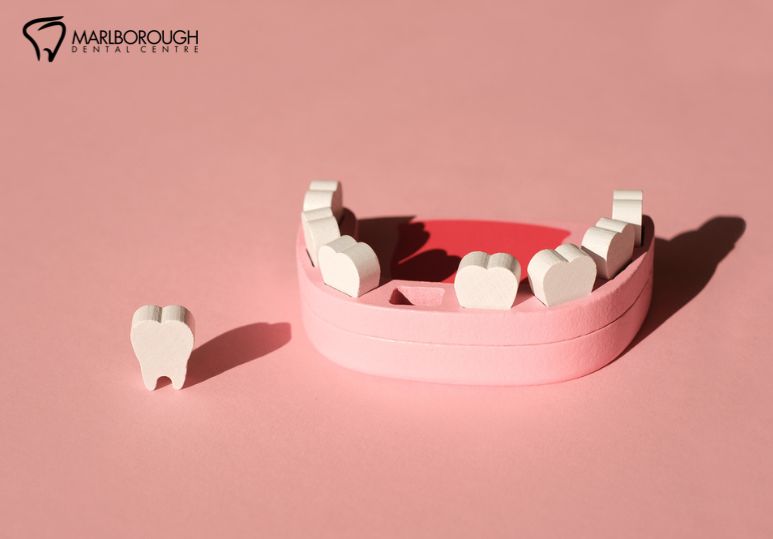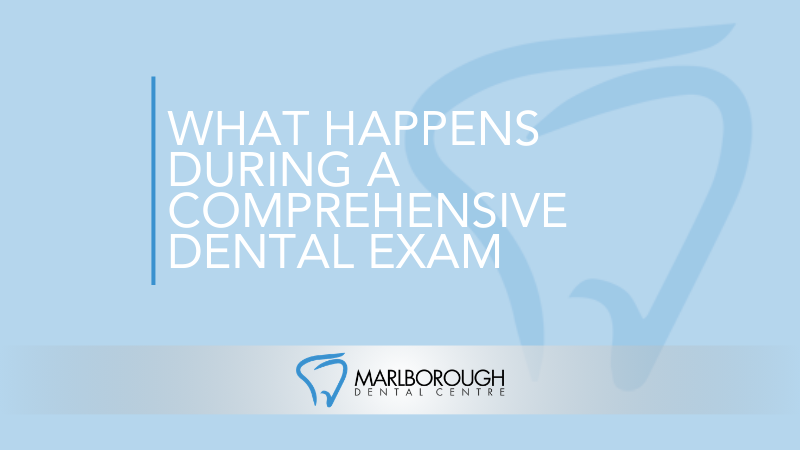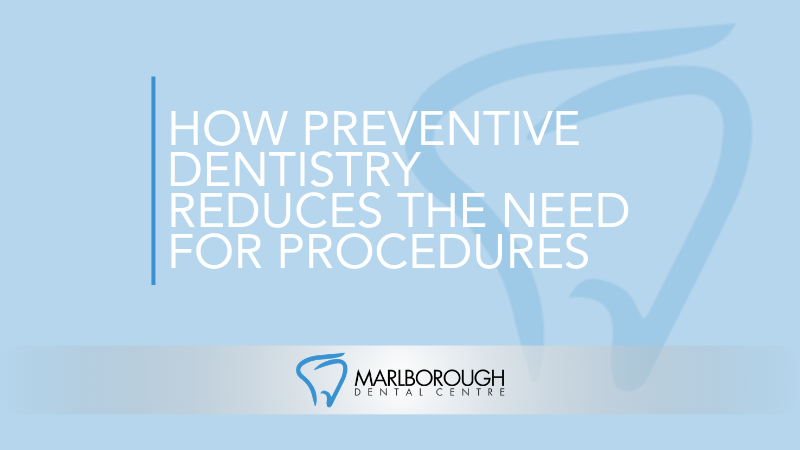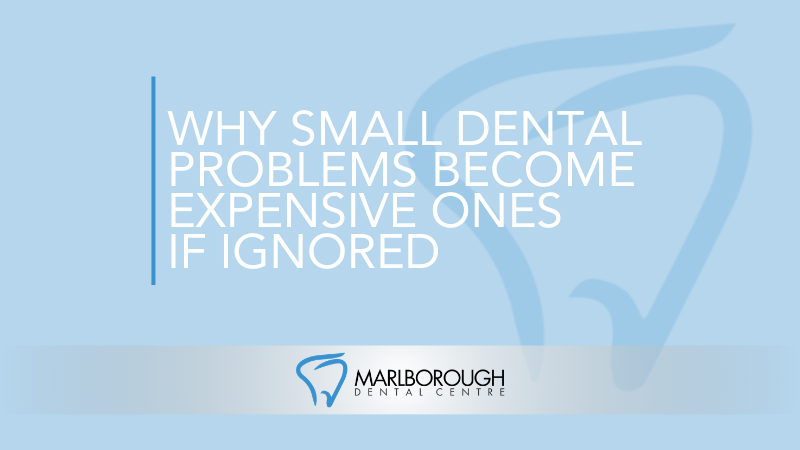What Is Jawbone Loss?
When a tooth is lost or extracted, the underlying jawbone begins to deteriorate due to lack of stimulation. This process, known as bone resorption, can lead to a shrinking and weakening of the jawbone over time. Dentures and bridges, while effective in restoring the appearance and functionality of missing teeth, do not address the issue of bone loss. This is where dental implants come into the picture.
What Are Dental Implants?
Dental implants are titanium posts that are surgically placed into the jawbone, mimicking the natural tooth root. The biocompatible nature of titanium allows the implant to fuse with the surrounding bone through a process called osseointegration. This integration provides a stable foundation for the implant-supported crown, bridge, or denture.
The key to how dental implants prevent jawbone loss lies in osseointegration. As the implant integrates with the jawbone, it stimulates the surrounding tissues, just like a natural tooth root would. This stimulation signals the body to continue supplying nutrients to the bone, promoting bone growth and preventing resorption. Essentially, dental implants replicate the natural tooth-root system, which helps maintain the integrity and density of the jawbone.
Dental implants offer other advantages over traditional tooth replacement options. Unlike dentures or bridges, implants do not rely on neighbouring teeth for support, thus preserving their health and integrity. Furthermore, implants provide a more natural biting and chewing experience, enhancing overall oral function.
It's important to note that timely intervention is crucial in preventing significant jawbone loss. When a tooth is lost, seeking dental implant treatment as soon as possible can help preserve the bone structure and prevent further complications. Even if a considerable amount of jawbone has already been lost, various techniques, such as bone grafting, can be used to rebuild and strengthen the bone before implant placement.
Prevent Jawbone Loss With Dental Implants At Marlborough Dental
Dental implants not only restore missing teeth but also play a vital role in preventing jawbone loss. By integrating with the jawbone, implants provide stimulation that promotes bone growth and prevents resorption. This ensures the long-term health and stability of the jawbone, preserving facial structure and enhancing overall oral function. If you're considering tooth replacement options, dental implants are a reliable and sustainable solution that prioritizes both aesthetics and oral health.
If you are ready to explore your options for tooth replacement, contact Marlborough Dental Centre. We offer same-day and next-day appointments and flexible clinic hours on evenings and weekends. Our family dentistry clinic offers compassionate and effective general and emergency dental care to protect your teeth and your smile. To schedule an appointment, contact Marlborough Dental Centre in NE Calgary at 1-403-248-2066 or fill out the online contact form.
FAQ
Q: How does osseointegration work in preventing jaw bone loss with dental implants?
A: Osseointegration is the process by which a dental implant fuses with the surrounding jaw bone. When an implant is placed, the bone cells in the jaw naturally grow and adhere to the implant's surface, creating a strong and stable connection. This integration stimulates the surrounding tissues, promoting blood flow and nutrient supply to the bone. The ongoing stimulation prevents bone resorption, maintaining the density and structure of the jaw bone over time.
Q: Can dental implants help reverse existing jaw bone loss?
A: While dental implants cannot completely reverse significant jaw bone loss on their own, they can contribute to the regeneration and strengthening of the bone. In cases where a substantial amount of bone has been lost, additional procedures such as bone grafting may be necessary. Bone grafting involves placing graft material to augment the existing bone and create a suitable foundation for dental implant placement. By combining bone grafting with dental implants, it is possible to rebuild and strengthen the jaw bone, restoring its integrity and preventing further deterioration.
Q: Are dental implants suitable for everyone, even those with severe jaw bone loss?
A: In many cases, dental implants can be a viable option for individuals with jaw bone loss, even if it is severe. However, the success of the procedure may depend on the available bone structure and density. In situations where the bone is insufficient to support a dental implant, bone grafting or other advanced techniques may be recommended to rebuild the bone. Consulting with a qualified dentist will help determine the optimal course of action based on individual circumstances, ensuring optimal outcomes for each patient.




